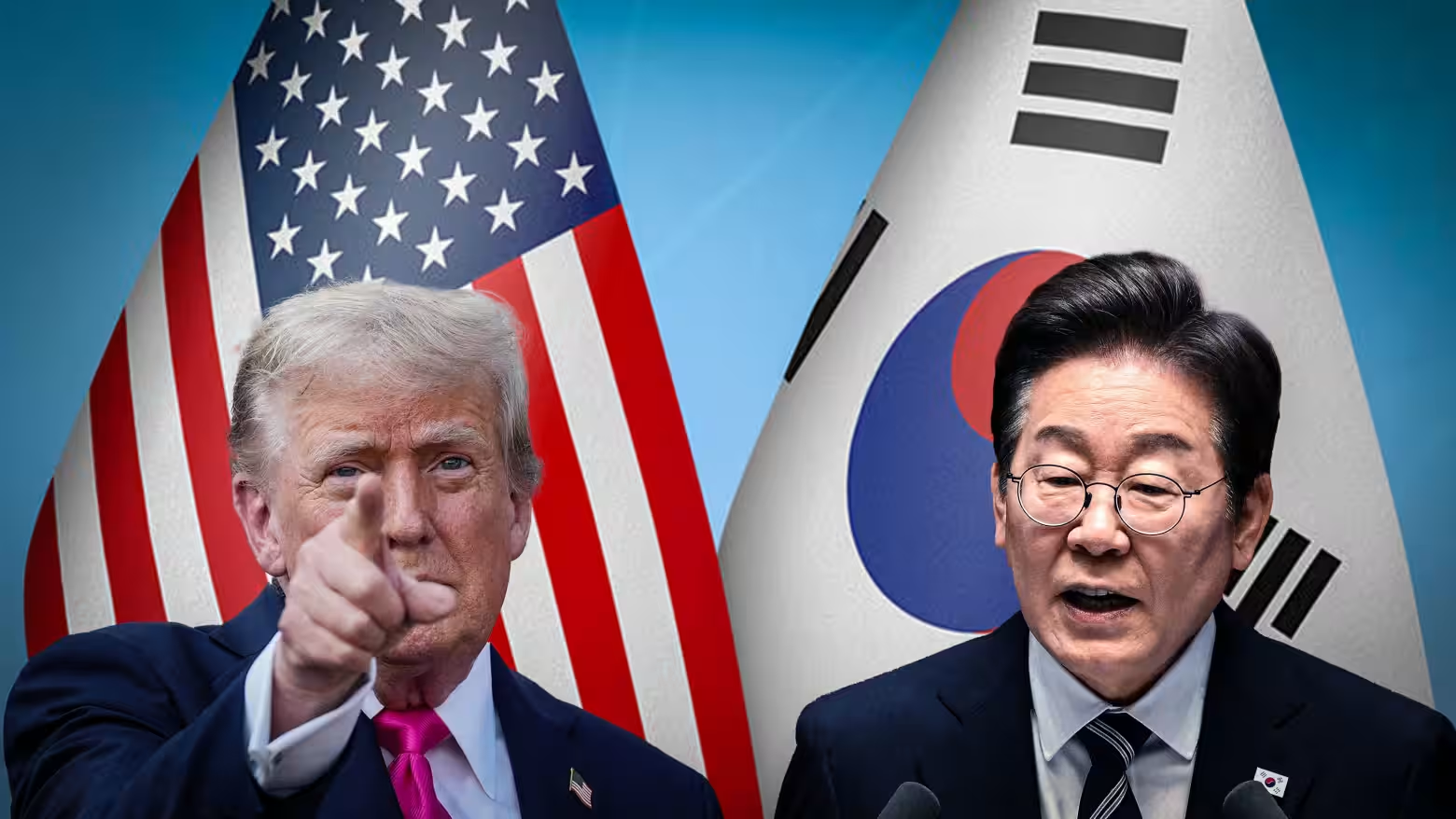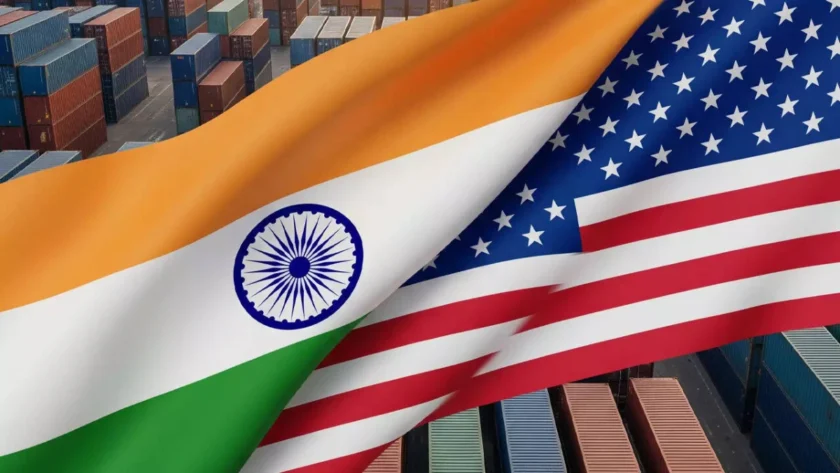Seoul: The Bank of Korea (BOK) has warned that U.S. trade policy is projected to lower the nation’s economic growth by 0.45 percentage points in 2025. This warning comes after a late July agreement between Seoul and Washington, where the U.S. agreed to impose a 15% tariff on South Korea, a reduction from the initially planned 25%, in exchange for a $350 billion investment pledge in the U.S.
According to the BOK’s recent biannual monetary policy report, the full impact of these tariffs, which was limited in the first half of the year due to factors like inventory accumulation, is expected to become more visible moving forward. The report predicts a further reduction in growth by 0.6 percentage points in 2026.
The central bank’s analysis outlines three main ways the tariffs will affect the Korean economy:

- Trade: The largest impact, accounting for 0.23 percentage points of the growth reduction, is due to weakened exports as rising costs lead to reduced demand in the U.S. market.
- Uncertainty: This factor is expected to reduce growth by 0.13 percentage points, as businesses scale back on investment and consumer spending declines.
- Finance: The tariffs could lead to tighter monetary policy in the U.S. to combat inflation, which may delay improvements in financial conditions and negatively affect the real economy. This is projected to reduce growth by 0.09 percentage points.
The report notes that the steel, automotive, and machinery industries are likely to be the most severely impacted by the new trade policy.










